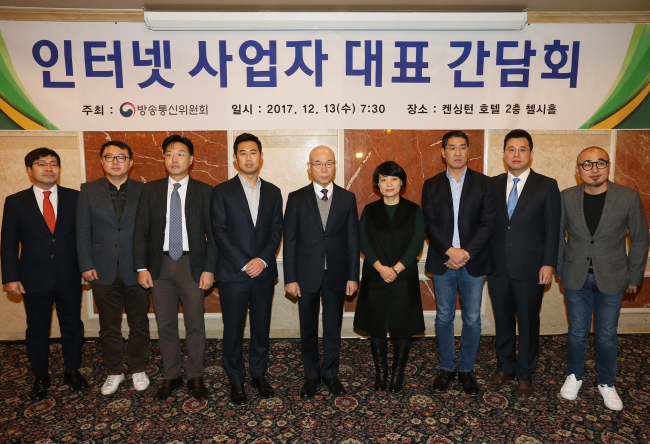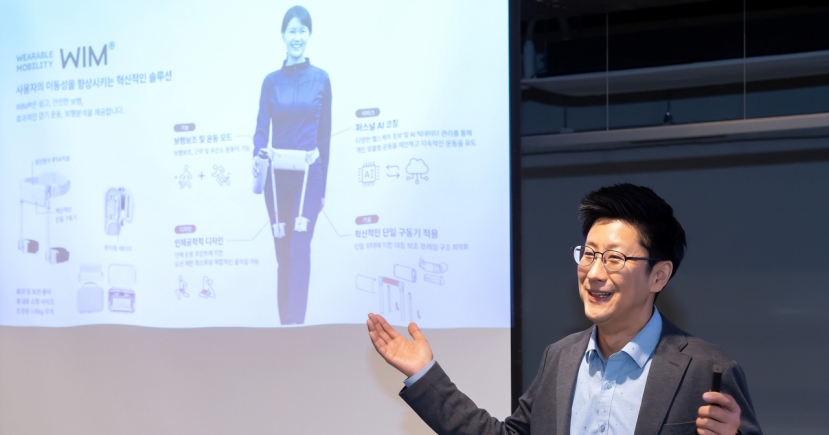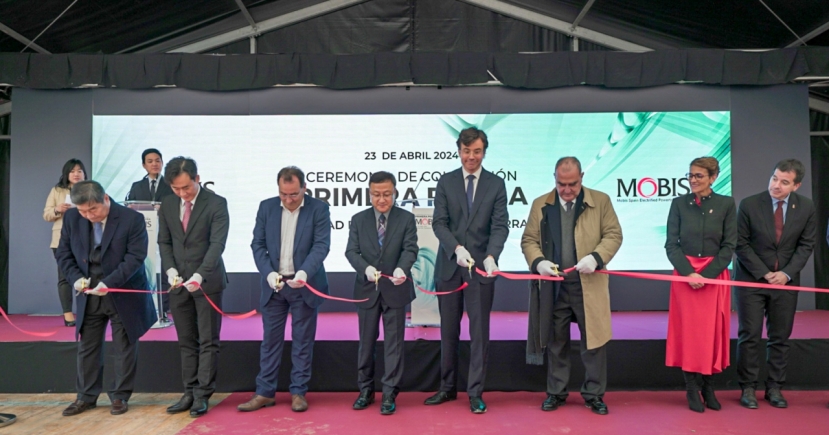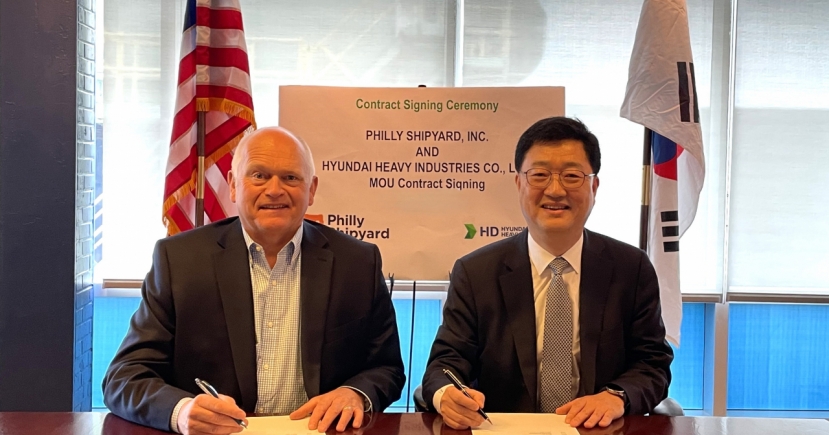Mobile & Internet
Korea to form new body for discussing fair IT policy direction
[THE INVESTOR] South Korea’s media regulator said on Dec. 13 it would form a new body to oversee key policy issues affecting the internet business sector, including the establishment of equal regulations for Korean and foreign firms alike. They will also discuss deregulation to support firms seeking to introduce novel technologies and business models to the market.
The Korea Communications Commission met with the heads of Korea’s eight representative internet companies, including Naver, Kakao, Google Korea, Facebook Korea and Woowa Brothers, to discuss the regulator’s key policy agendas.
 |
From left, eBay Korea’s Head of Government Relations Lee O-eun, Korea’s Multi Channel Network Association Secretary-General Kim Dae-wook, head of Korea’s Content Union Platform Kim Jun-hwan, Kakao CEO Jimmy Rim, KCC Chairman Lee Hyo-sung, Naver CEO Han Seong-sook, Google Korea CEO John Lee, Facebook Korea Country Manager Cho Yong-bum and Woowa Brothers CEO Kim Bong-jin. KCC. |
During the meeting, KCC Chairman Lee Hyo-sung announced the formation of a new entity designed to mediate opinions from the government, industry and the public on how Korea’s internet business regulations should be formed.
The KCC chairman called on the major internet companies operating in Korea to actively participate in the discussions that will be hosted by the entity.
The move comes after repeated controversy over enacting fair and equal regulations for both Korean and foreign companies in the sector in order to forge a fair competitive environment in the fast-changing internet industry.
Korean internet companies, most notably Naver, have argued that foreign players like Google and Facebook should be obligated to follow the same set of regulations enforced on Korean firms.
This includes mandating foreign firms to publicly disclose their annual revenues and corporate taxes paid in Korea, as Korean firms do, in order to increase transparency. Most foreign firms, including Google and Facebook, operate in Korea in the form of limited liability companies, or LLCs, which are not legally obliged to such fiscal disclosure duties.
Local players have also brought up the issue of network usage costs. Korean internet-based service providers claim that unlike them, foreign internet firms do not pay fees proportionate to the amount of data traffic they generate.
On the other hand, foreign companies like Google and Facebook have argued that their business practices, including payment obligations, are in accordance with local internet and communications laws.
In addition to ironing out such issues, the KCC chairman pledged to push for a “negative regulation” framework for the internet sector, providing a clearer and more predictable guideline for businesses operating in the space.
Korea’s current “positive regulation” system acts like a whitelist, laying out what it permits and in theory banning anything not covered. A negative system, on the other hand, acts like a blacklist, banning certain items. Using this approach, new businesses or services are considered legal as long as they are not expressly banned.
Adopted by countries like the US, the negative system is touted as a more open regulatory framework that offers more freedom to businesses in developing and introducing entirely new technologies and services currently unavailable in the market.
Meanwhile, Korea’s major internet companies have asked the KCC to take a more active role in mediating and solving the industry’s grievances in the future and to adopt appropriate policies to allow for the constructive growth of the internet business ecosystem.
By Sohn Ji-young/The Korea Herlad (jys@heraldcorp.com)








